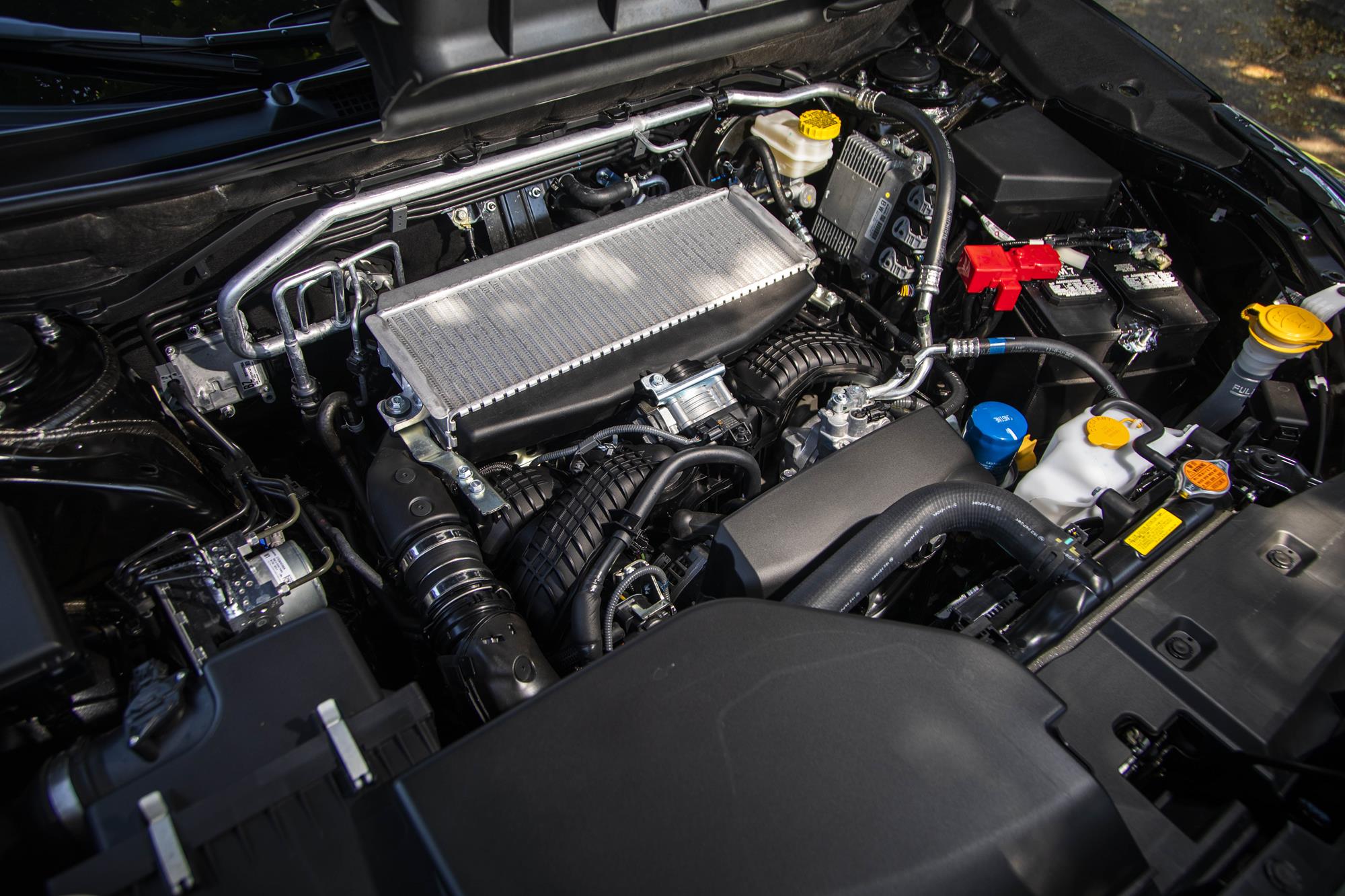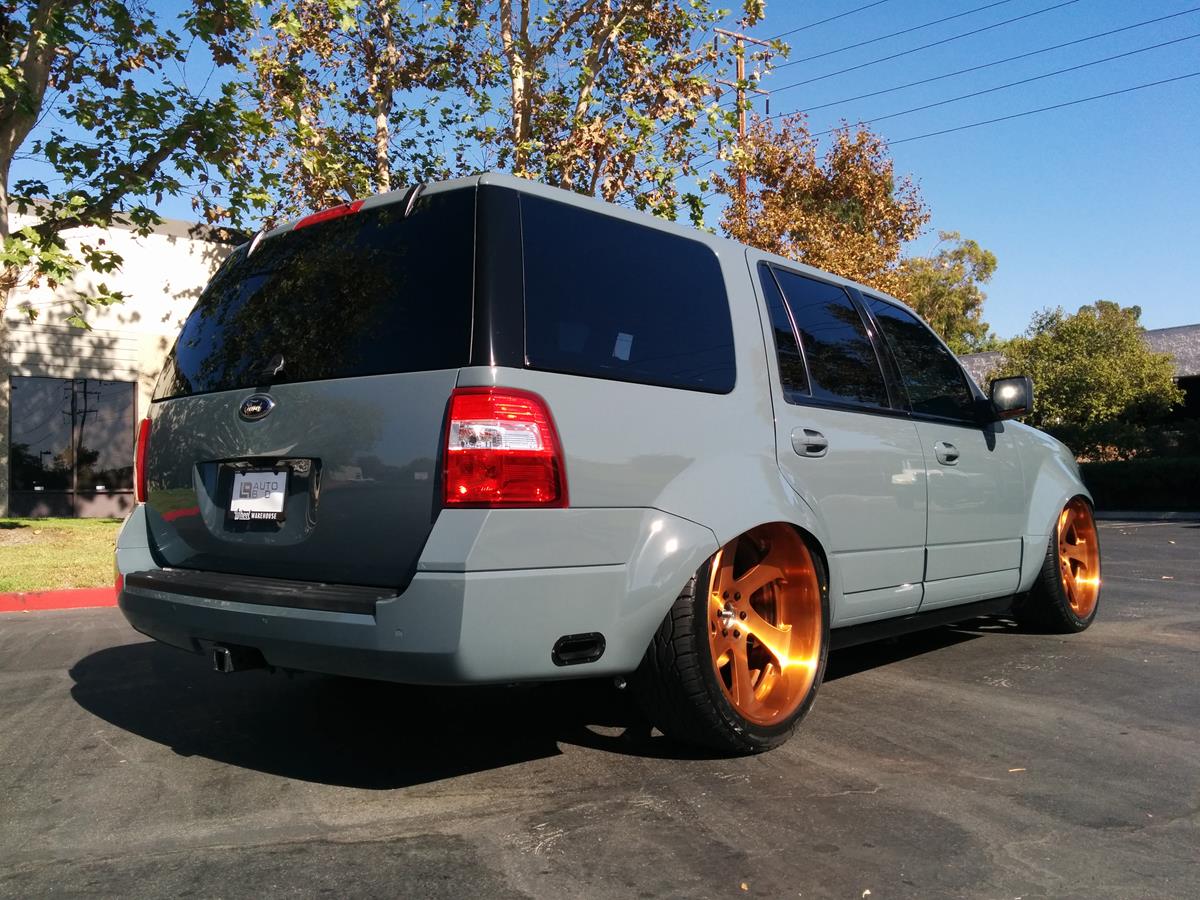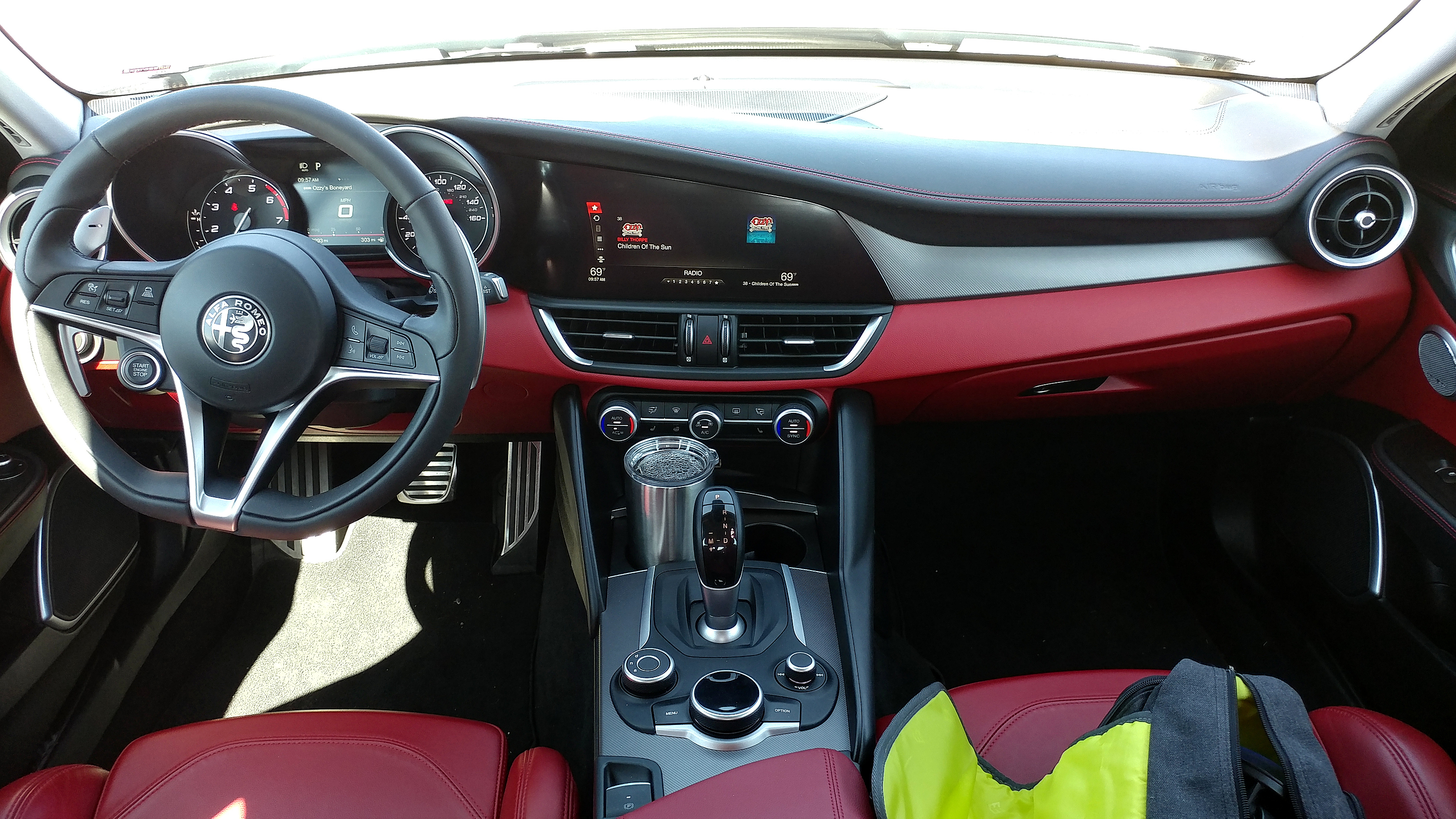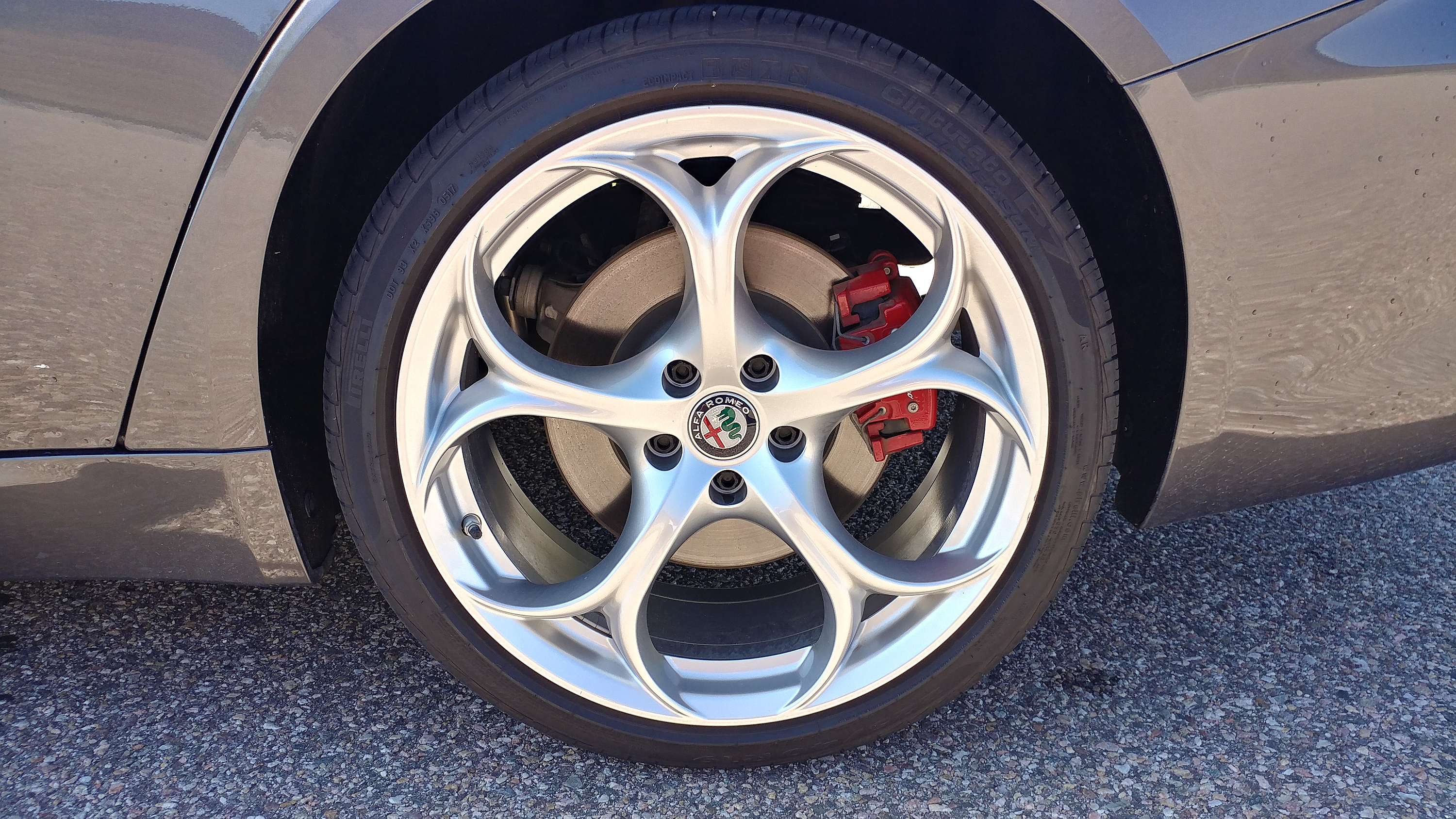Gas might not cost as much as it did back in 2008 when it topped $4 per gallon, but no one enjoys taking a trip to the filling station. One way to avoid these repeated trips is to make sure you’re getting the best gas mileage possible. Here are some easy-to-follow tips and tricks to help you do so without breaking the bank.
1. Don’t Pay Extra for Premium
Most gas stations have at least three options to choose from when it comes to gasoline — regular, super and premium. You might think that if you want to get the most out of your vehicle, you need to spring for the premium gasoline that will cost you 50 cents of more than regular.
Don’t waste your money unless your car specifically calls for premium. You won’t get any extra benefits, and you’ll end up emptying your wallet that much faster. That being said, don’t skimp if your car does require premium — using regular will end up causing engine knocks and creating bigger problems.
2. Keep Your Tires Aired Up
Keeping your tires properly aired up doesn’t just help you maintain traction on the road — it can also improve your vehicle’s fuel economy. You lose roughly 0.2% of your gas mileage for every 1 psi drop in tire pressure. Keeping the tire inflated to the psi indicated in your owner’s manual can improve fuel economy by up to 3%.
Check your tire pressure once a week and keep each one inflated to the suggested psi.
3. Take It Easy on the Accelerator
According to “MythBusters,” the best way to save fuel is to never drive faster than 45 mph. Of course, if you’re on the interstate or any local highway, this isn’t always an option. Laying off the accelerator can help to improve your fuel economy, however. The faster you go — and the quicker you reach your cruising speed — the more fuel your engine burns.
Even trucking companies are looking at reducing speed to improve fuel economy since gas use accounts for roughly 40% of the money spent to keep a fleet moving. Using GPS tracking to determine which drivers are speeding can help companies reduce their fuel waste and get those expenses under control.
4. Give It a Tuneup
Your car might keep running if you don’t take care of it, but this neglect will damage your gas mileage and in turn, your wallet. Keep up with your car’s maintenance schedule and change things like oil, air filter and spark plugs as recommended. While some spark plugs might claim they last for 100,000 miles, the chances are high that you’ll want to change them sooner than that for optimum efficiency.
5. Check Your Gas Cap
Does your check engine light keep coming on randomly? It could be because your gas cap seal is leaking, which can reduce your fuel economy by 1-2%. Gasoline evaporates easily and quickly. When you see it ignite, it’s the fumes that catch fire rather than the liquid itself. If your gas cap is leaking or missing, the fumes in your tank are leaking out, reducing your fuel economy and polluting the atmosphere.
Check your gas cap, and replace it if it’s not sealing or it’s missing.
Avoid the Gas Pump
These tips and tricks can help you improve your fuel economy without breaking the bank. Bettering your gas mileage will help you protect your wallet and cut down on trips to the station.










